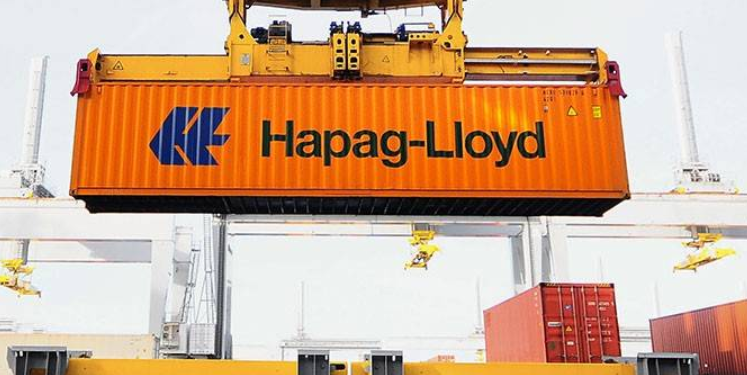The German-based container company, Hapag-Lloyd recently announced that managed to cut its CO2 emissions per TEU/kilometre by 50% since 2008. According to the company, 95% of its vessels are in line with the IMO regulations, as they are all burning low sulphur fuel oil since the beginning of 2020.
In fact, the emissions’ reduction was achieved after the company introduced larger and more efficient ships installed with advanced water resistance on its routes.
In compliance with the IMO 2020 regulations, the company has set several projects such as the exploration of a propulsion system based on LNG and retrofitting its ships with onshore power connections.
Sustainability is more than just climate protection, as it also comprises ecological, economic, social and qualitative concerns in equal measure. In 2019, we succeeded in making a lot of progress in all four dimensions. For example, we furthered reduced our specific CO2 emissions, strengthened our social commitment and made huge investments in the quality of our service.
…as CEO Rolf Habben Jansen noted.
In light of the situation, Hapag-Lloyd will continue its emission-cutting efforts, as sustainability remains a major priority.
This year, as well, despite the adverse effects of the COVID-19 crisis – we will continue to focus on additional improvements, including technological and digital innovations as well as further reductions in the emissions of our fleet.
….Rolf Habben Jansen added.
So as to achieve its sustainability goals, Hapag-Lloyd plans to become the first company in the shipping industry using large container vessels installed with liquid natural gas (LNG) propulsion system in its operations. For the records, the conversion project on the “Sajir” is estimated to begin in the fourth quarter of 2020.
Overall, in an effort towards the decarbonization issue, the container shipping firm uses biofuel for CO2 emissions reduction, as one of its ships was recently refueled in Rotterdam with a new, eco-friendly biofuel.

































































